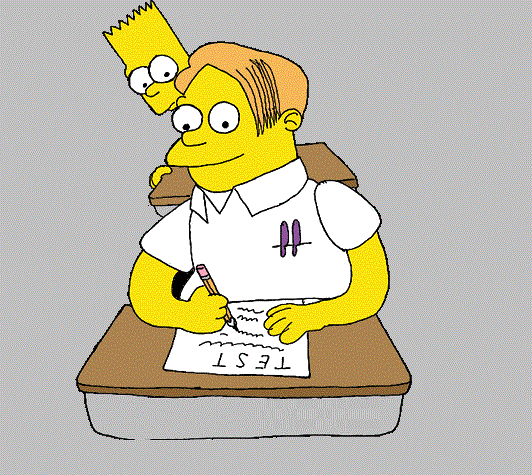Content writers often face this dilemma – how acceptable is paraphrasing? Will it be counted as plagiarism?
The simple answer in both cases is – yes!
To understand why it is wrong, you’ll need to first learn what paraphrasing is.
What Is Paraphrasing?
Paraphrasing is the process of creating seemingly original sentences to express someone else’s opinions or ideas. This often occurs when any content is written with a single source as a basis, leading to text that features different words but delivers the same meaning.
Let’s look into an example to understand paraphrasing better. Here’s an original passage and a paraphrased version which almost resembles the former.
Original Passage: Content writing has become a sought-after sector in the recent years. Freelance content writing, in particular, is a growing sector in countries like India, Singapore, and the Philippines. With millions of websites being added each year, the need for content is at its peak. India is riding the wave as outsourced content is a massive revenue generator.
Paraphrased Passage: In recent years, content writing has transformed into a huge sector. Countries such as India, Singapore, and the Philippines have become huge markets in the freelance content writing sector. Content is a sought-after sector, with millions of websites being added to the internet. India is generating a lot of revenue in the outsourced content sector.
Paraphrasing is always labeled as plagiarism, even though the content is not explicitly duplicated (word by word) in such instances.
Why Do Paraphrasing Errors Occur?
Paraphrasing is often the result of lazy writing, and this error crops up when a writer tries to complete an article quickly, with minimum research.
These wrong measures that writers employ contribute to paraphrasing errors:
- Using Synonyms: Writers substitute definitive words from the original text with their synonyms through tools like MS Word. This practice distorts the meaning or robs the article off its flow, and it should be avoided.
- Shifting From Active to Passive Voice: It is an unsaid rule that using passive voice for online writing is wrong. Converting sentences from active voice to passive voice makes the content wordy, and contributes to paraphrasing errors.
- Conducting Insufficient Research: Carrying out minimal research on a topic leads to paraphrasing errors, as the writer will have no choice but to stick to the available information. This is yet another wrong measure.
Why Is Paraphrasing Wrong?
Paraphrased content has no value and looks amateurish. Moreover, it is legally wrong to use another person’s intellectual property for personal gain or commercial benefit.
As a writer, your work will be defined by someone else’s style, if it is paraphrased. This is why professional content writers steer clear of such practices.
How To Avoid Paraphrasing
Tip #1: Do Your Research
Before starting the article, browse through various online resources and understand what you are writing about. Once this is done, you should compile the extensive data to know what you’re going to cover.
This way, you can ensure that your writing is not influenced by a particular source, helping you avoid paraphrasing errors. This is why it is important to refer to multiple sources before writing an article. Extensive information will give you a broader understanding of the topic and make your content unique.
Tip #2: Create A Structure
Once you have the information in hand, you should start structuring this data so that the article has a smooth flow to it. Some clients may provide a predefined structure for you to follow through their guidelines, and in this case, structuring the article is easier.
Otherwise, try and come up with a unique and readable structure that addresses the questions that readers are likely to have. You can visit other websites to get an idea on how to present the information.
Tip #3: Use A Natural Tone
When it comes to writing, we all have our own unique tone. Follow your natural tone – this is the best way to avoid paraphrasing errors. Use words that you use in everyday conversations (unless the project warrants something different).
Don’t forget to mention the source links once you have completed your post or article. This will help editors assess your article for paraphrasing errors and provide valuable feedback that will be crucial to your growth as a content writer.
Once you follow these tips, paraphrasing issues will cease to haunt you. There’s no better feeling than contributing something that’s entirely yours and original – so say no to paraphrasing!
Wordplay Content is a full-service content writing agency. Our content writing India business provides content writing services for a plethora of customers. Reach out if you want to hire us for your inbound marketing campaign!






9 Responses to How To Avoid Paraphrasing